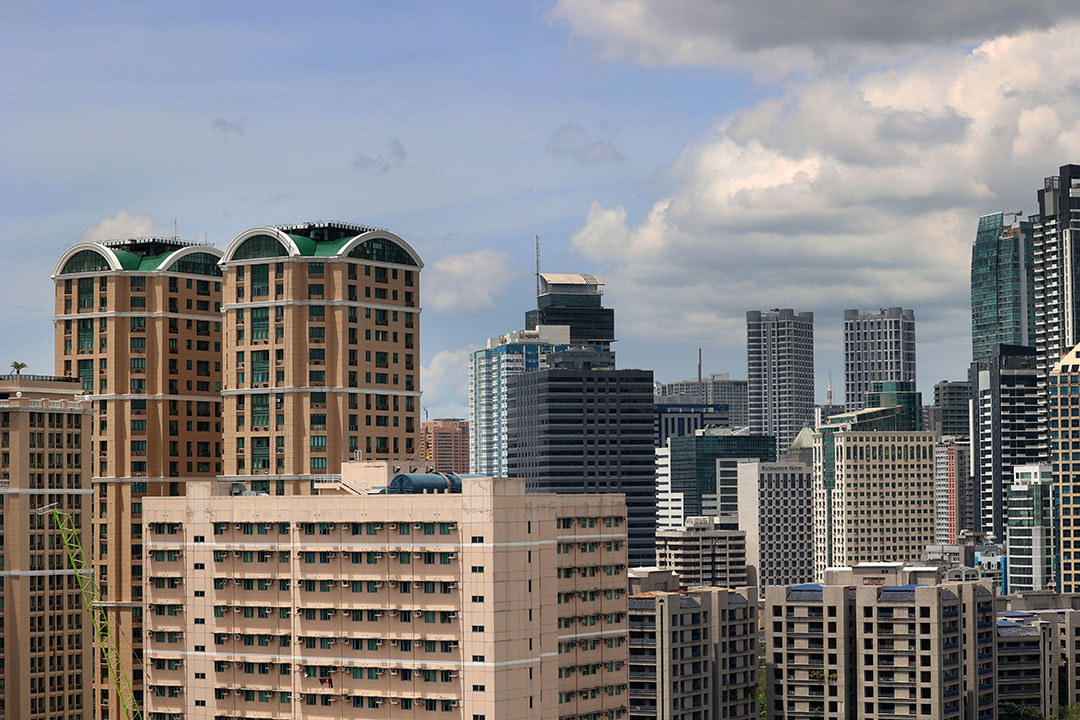
By Beatriz Marie D. Cruz, Reporter
THE US decision to impose a 1% remittance tax could serve to dampen property investing activity by overseas Filipino workers (OFWs), industry analysts said.
The remittance tax, a component of the Trump administration’s “One Big Beautiful Bill,” will crowd out any OFW funds earmarked for investing and shift priorities towards essentials, they said.
“While the percentage of remittances being allocated for real estate requirements is increasing, that additional tax will likely affect the inflow of remittances from Filipinos working abroad,” Colliers Philippines Director and Head of Research Joey Roi H. Bondoc said in an interview.
“This might affect the money being set aside for real estate purchases. The lower the remittances, the less will be spent for these discretionary purchases, especially in the luxury segment.”
Remittances could dip between $19.1 million and $148.4 million as a result of the tax, the Department of Finance estimated, describing these movements as having a “minimal” effect on the economy.
OFWs are a key segment of the property market, with many turning to real estate for investment income or to upgrade the living conditions of their families back home.
The decline in money sent home by OFWs would affect demand for the industry’s residential and retail offerings, Santos Knight Frank Associate Director Toby Miranda said in an e-mail.
“OFWs are major demand drivers of residential products, and if they were to send less money, there may be a higher risk of canceled purchases,” he said.
“Remittances from OFWs also impact the purchasing power of their families so retail demand may be impacted,” Mr. Miranda added.
Mr. Bondoc noted that Europe-based OFWs are a strong market for upscale and upper middle-income residential units, while luxury residential units are attractive to Filipinos working in Abu Dhabi.
US President Donald J. Trump on July 4 signed into law the One Big Beautiful Bill, essentially a tax bill that overhauls tax rates and spending. The 1% excise tax on all remittances represents a softening of the bill’s initial proposal to charge remittances by foreign workers 3.5%.
“Given the uncertainties in the global and domestic market, they (OFWs) might have to put these big-ticket purchases on hold, and perhaps wait a little longer before they finally acquire these residential units that they’ve been aspiring for,” Mr. Bondoc said.